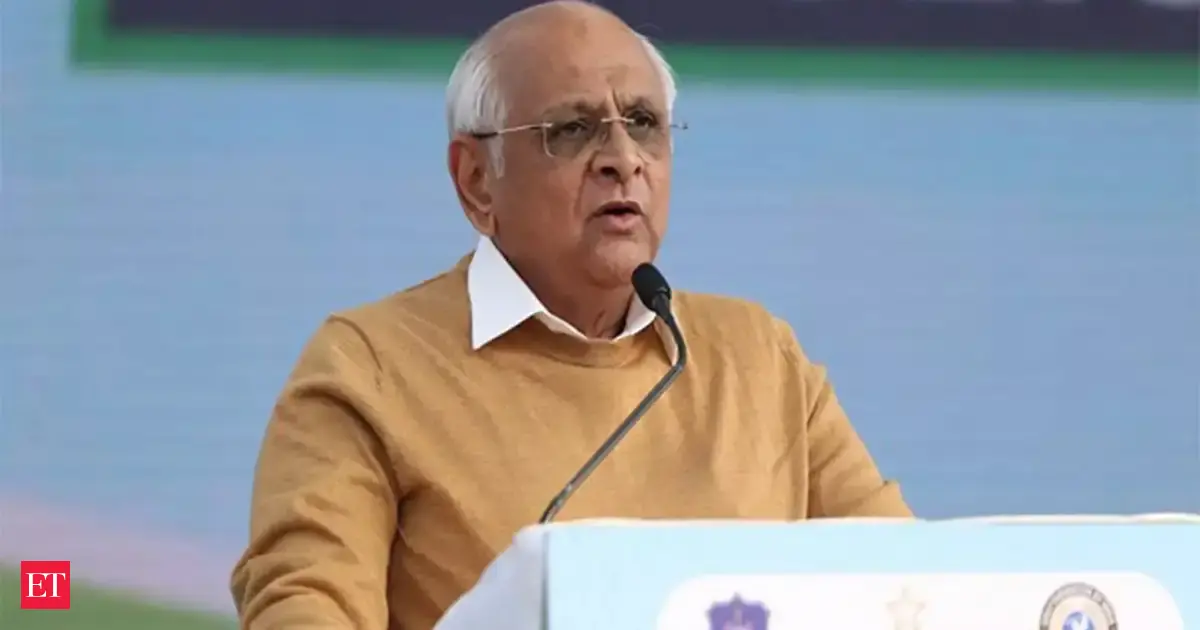Copyright cleveland.com

COLUMBUS, Ohio -- A growing wave of drivers emboldened by online “know your rights” videos has prompted Ohio lawmakers to consider jailing people who refuse to identify themselves during traffic stops. House Bill 492, up for its third hearing on Tuesday, would both expand an existing interference statute and create a new “refusal to disclose” offense for drivers. The measure would make it a fourth-degree misdemeanor—punishable by up to 30 days in jail—for a motorist to refuse to provide their name, address, or date of birth during a traffic stop when an officer suspects a traffic or equipment violation. It would also broaden the definition of interference during an arrest under Ohio’s motor vehicle code, raising that penalty from a minor misdemeanor to a second-degree misdemeanor. “Not cooperating shouldn’t be treated like a minor inconvenience,” Rep. Sharon Ray, a Wadsworth Republican, said. Ohio courts have repeatedly found that refusing to identify yourself during a traffic stop doesn’t qualify as obstructing official business, the charge officers typically rely on in those situations. In Toledo v. Dandridge, the Sixth District Court of Appeals ruled in 2013 that a driver’s refusal to provide a name or license was not obstruction because it wasn’t an “affirmative act.” The Eighth District reached the same conclusion in 2020 in State v. Ellis, overturning a conviction where the defendant merely refused to cooperate with fingerprinting. “We have extremely polite folks who won’t give their identification,” Ray said. Republican Rep. Cindy Abrams, a former Cincinnati police officer, said that puts officers in a difficult position—unsure whether they’re dealing with a harmless protest or something far more serious. She once had a man refuse to tell her who he was, only to discover he was wanted for murder in Akron once she ran his fingerprints. The bill is backed by the Fraternal Order of Police of Ohio and other law enforcement groups, who say there’s no clear resolution to the legal gray area without a legislative fix. “These people, along with sovereign citizens, will turn on their cameras and escalate a rather mundane event by arguing with officers and challenging them until force is the only option left,” FOP of Ohio lobbyist Mike Weinman said. Supporters emphasized that HB 492 wouldn’t give police new authority to demand identification in every situation. Officers could only charge someone if they’re stopped on a road or waterway for a suspected violation like speeding, running a red light or failing to signal. Cincinnati Democratic Rep. Cecil Thomas, also a former police officer, initially expressed some reservations during HB 492’s first hearing but appeared to later change his mind. “I don’t have a problem with the bill,” Thomas said during the second hearing. “I think it’s a good bill.”



